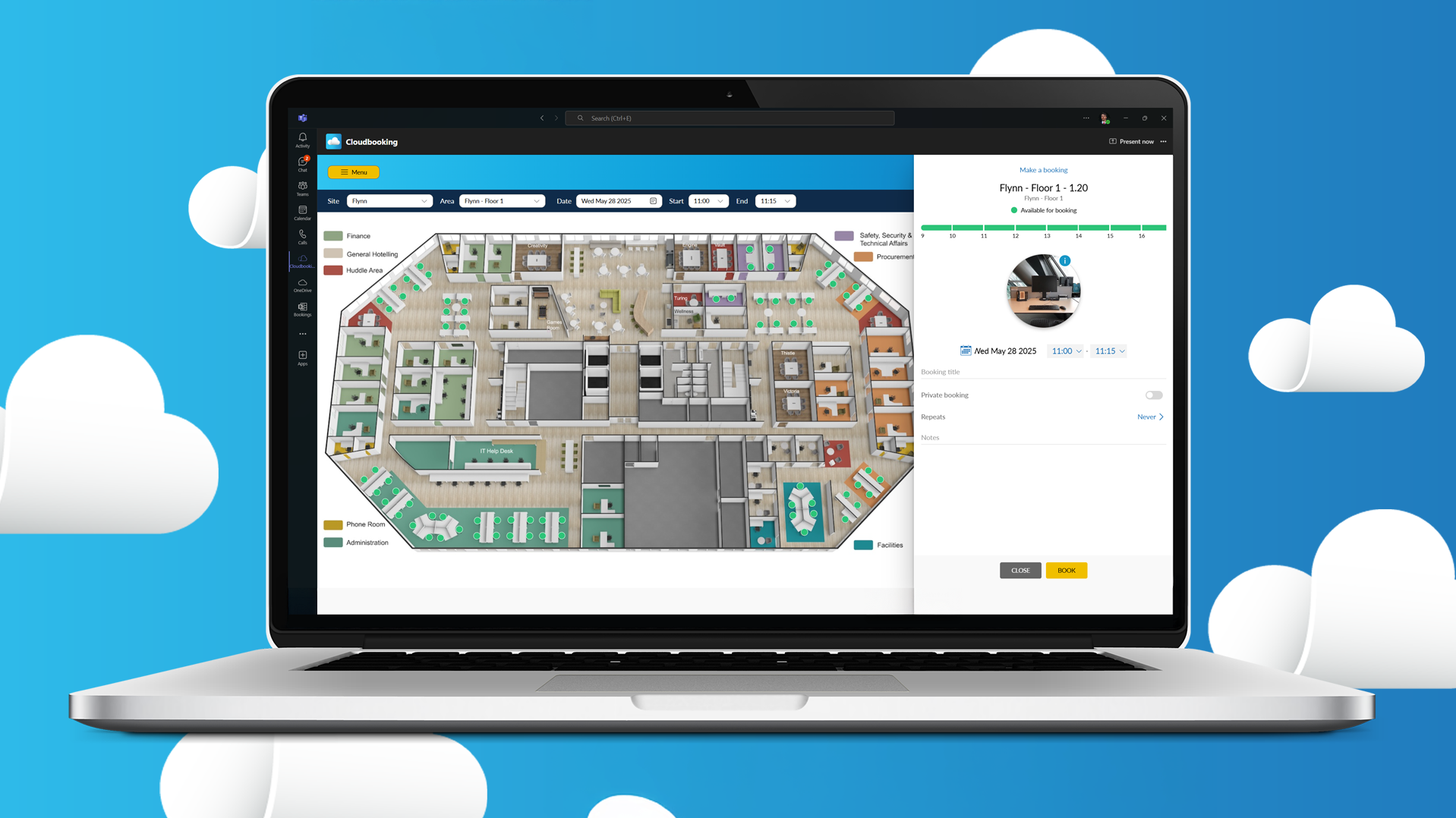
Organisational culture, or “company culture”, is an integrated set of values, beliefs, and behaviour that guide daily decision-making at a company. It’s the shared customs, expectations, and language used by a business to create its unique atmosphere — from how staff dress and communicate with one another to the organisation’s traditional rituals and celebrations.
Company cultures are generally created through formal talks about organisation values and informal interactions between colleagues. Companies must nurture their organisational cultures to ensure their ongoing success and positive employee morale.
Understanding leadership and company culture
Leadership is a cornerstone of any successful business, as it sets the tone for how employees interact and how a company works towards its goals. Leaders are responsible for establishing and promulgating a leadership culture emphasising communication, collaboration, and camaraderie among peers.
A leadership culture also dictates an expectation of ethical behaviour and commitment to excellence in daily operations. Leadership cultures are designed to create better working environments, improve employee satisfaction, loyalty, and productivity, and drive overall organisational success.
When leadership influences the corporate culture in the right ways, morale is boosted both within and outside of the organisation, and leadership roles become more meaningful. Successful leadership has a direct impact on key business variables, from customer experience to revenues.
Companies with cultural leadership at their core will develop sustainable cultures resilient to change by building healthy relationships between leadership and employees.
Related reading: What Will the Modern Employee Experience Look Like in 2023?
The connection between leadership and company culture
Leadership sets the tone for the entire organisation and directly impacts the culture. The way leaders behave, communicate, and make decisions all contribute to the company’s culture.
If leadership is ineffective, it can result in a toxic work culture that negatively impacts employee morale and productivity. On the flip side, effective leadership can create a positive, thriving culture that enhances engagement and performance. Therefore, leaders must possess cultural leadership skills to develop and maintain a healthy workplace.
Related reading: How to Build Employee Engagement, Satisfaction, and Increase Staff Retention.
Fostering a positive company culture through leadership
Organisational culture and leadership go hand in hand when creating a thriving workplace environment. Fostering a positive company culture through solid leadership strategies is integral for businesses of all sizes.
To create a shared organisational vision and mission, the leaders of any business need to set the standards of excellence and instil core values explicitly throughout the organisational framework. By doing so, they are providing a basis for all employees to come together and strive towards common goals while gaining mutual respect among one another.
This is an essential aspect of forming a positive organisational culture that brings out the best in every individual, and their collective efforts.
Establishing clear values and expectations
Leaders who demonstrate clear values create a culture that encourages collaboration and creates an environment of trust and respect among employees and customers. With the right tools, leadership can effectively set goals for:
- Organisational development
- Motivating staff to strive for excellence
- Establishing workflows designed to ensure success
- Ensuring cultural integrity remains in place.
A strong leader-follower relationship ensures you can achieve organisational objectives and goals efficiently with a unified vision. By fostering a positive organisational culture through effective leadership and setting clear expectations, companies can remain competitive while upholding their core values.
Related reading: How to Enhance Workplace Culture in a Post-Covid Hybrid Environment.
Providing opportunities for employee engagement and empowerment
Providing those in your organisation with opportunities for employee engagement and empowerment is integral to fostering a positive company culture. It helps shape employees’ attitudes and behaviours — allowing them to take ownership of their tasks and be passionate about their work, ultimately improving the organisation.
We understand how essential it is today, more than ever, to build strong bridges between employee and employer, allowing every individual team member to grow and thrive in an inspiring workplace.
Encouraging open communication and feedback
Encouraging open communication and ensuring effective feedback are vital points to creating a healthy, strong organisational culture. Particularly when teams may be working remotely, it becomes increasingly important for leaders to proactively communicate with employees and create a safe environment where feedback is welcomed.
This allows individuals to feel heard, understood, and respected, further supporting the successful management of the team as a whole. Investing this time into fostering positive company culture boosts overall morale and also encourages productivity and enhances long-term success.
Related reading: What Is an Open-Door Policy and Why Do Workers Want It?
Leading by example
The successful construction of a positive company culture starts with leadership from the top. Leaders set the example for how their staff should interact and work together, and as a result, they have an immense impact on the success or failure of any given organisation.
Leaders must possess good cultural leadership skills to effectively share their experiences and knowledge with their staff to create successful teamwork. Fostering a successful leadership culture begins with:
- Maintaining an attitude which reflects your core values
- Setting expectations for everyone to conform to
- Promoting trust and communication between employees
- Ensuring fairness and building collaboration.
By leading by example in these practices, leaders can create a successful work environment that will be sure to boost morale and drive successful company results. When team members can feel good about their place in the organisation and are inspired by the top-down leadership, it creates an organisational culture that drives success.
Building a successful leadership culture
Leadership plays a vital role in establishing organisational culture and is instrumental in setting the tone and values of the company culture. Companies must recognise the importance of investing in strong leadership practices to ensure that organisational cultures can thrive.
Building a successful culture requires:
- Identifying and developing cultural leaders within the organisation
- Providing training and education on cultural leadership skills
- Encouraging continuous improvement of leadership practices
- Recognising and rewarding positive cultural contributions.
Doing so helps build a reliable workforce motivated to contribute to the organisation’s direction and growth.
Related reading: 3 Examples of Effective Coaching in the Workplace.
Start focusing on organisational culture and leadership
Organisational culture is vital for any organisation’s success and growth. Leaders play a crucial role in shaping the organisation’s culture, setting the tone for how the company will operate and interact with those within and outside its walls.
Companies that lead with a positive environment that nurtures collaboration, creativity, and innovation among team members tend to thrive compared to organisations with less inspiring corporate culture.
To ensure competitive cultures for an organisation’s maximum potential, leaders should prioritise cultural leadership development — taking the time to cultivate and maintain an engaging organisation culture that motivates team members and leads to success.
The workplace is changing at a rapid pace. Find out just how much by reading The Future of Work: 8 Trends in Workplace Transformation Report, created in partnership with YouGov. Some of the results are incredibly surprising.


